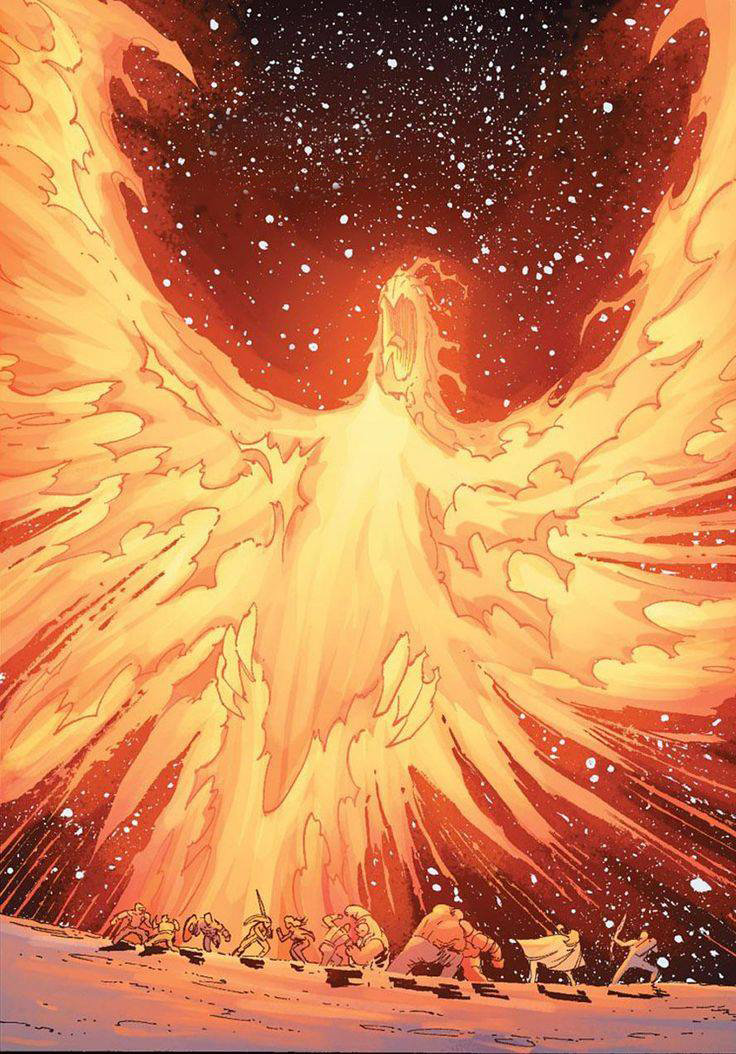Now Beis Moshiach is fresh, provocative – and yes, shocking at times. * No longer do we rest on the laurels of “heralding” the redemption. Beis Moshiach is bringing to the fore compelling ideas that are more daring and relevant than ever.
By Rabbi Boruch Merkur
 Beis Moshiach Magazine, the tireless bastion of staying the course to bring Moshiach, is blazing a new path, leaving some people agitated and shell-shocked. Navigating unchartered territory can be unsettling, but it is prudent and necessary when our destination continues to elude us.
Beis Moshiach Magazine, the tireless bastion of staying the course to bring Moshiach, is blazing a new path, leaving some people agitated and shell-shocked. Navigating unchartered territory can be unsettling, but it is prudent and necessary when our destination continues to elude us.
The technicolor brainchild of the talented new editors is fresh, provocative – and yes, shocking at times. For the most part, the new format is being well received, but it is also evincing an undercurrent of disapproval. What underlies this caution, this reluctance? Is it something tangible we can put our finger on, something we can articulate, or is it a nebulous sort of anxiety or fear?
Maybe I can glean some insight. I recently met with one of the detractors…
***
Throughout the years, I have taken heat for the magazine a number of times. Sometimes the firestorm erupted from the mouths of those who never read a word I wrote, people who don’t even open the magazine. I’m talking about Lubavitchers. But recently I was criticized, even admonished, by those who do read Beis Moshiach.
Perhaps we have finally contributed something worthy enough to spark genuine dialogue. Maybe the new Beis Moshiach, as a platform for new ideas, is finally making an impression and evoking new thought, a new mindset, the spark of Moshiach within each of us. No longer do we rest on the laurels of “heralding” the redemption. Beis Moshiach is bringing to the fore compelling ideas that are more daring and relevant than ever. It is truly becoming what it is meant to be: the top forum to brainstorm and explore how we can best “do all we can to bring Moshiach now.”
My week started with an encounter with an unlikely critic, a Lubavitcher Chassid from out of town, a Beis Moshiach reader and supporter. This middle-aged man is well put together and intelligent. I could tell he was sincere, yet his concerns were markedly inarticulate and vague. What was he talking about?!
Shalom aleichem quickly segued into a critique of the new magazine. Not the typical complaints about size or discontinued columns, not even concerns about the edgier tone, but – the Chassid insisted – it was a disapproval of tochen, content.
Wow, somebody’s talking tochen?! I was intrigued. What was the underlying issue here?
To be sure, I don’t think there was one. The most I got out of the conversation (other than a commitment to write a follow-up email, presently unreceived) is a general concern about the appropriateness of sharing secrets, reminiscent of the historical opposition to revealing the secrets of the Torah, P’nimius HaTorah.
This concern is also in line with the opposition to Moshiach being revealed in the world. (See for example the terrifying story of the Baal Shem Tov’s gaining and securing the Key of Moshiach. The Samech-Mem himself came down – for the third and final time in history – incarnate as a vicious, giant black dog.)
My guess is that here the concern is more about how we are taking Moshiach into too familiar, too personal language – ala “yisparnasun minei.” Is it appropriate for all audiences? Should you not show more prudence and discretion when reaching out to the public?
The detractor said this (pretty much verbatim): When you farbreng, for example, you need to know your audience and be sensitive to whether they are at risk of misunderstanding the message.
That is, of course, precisely the complaint of many of our fellow Chassidim, who disapprove of all-out Moshiach publicity. You must present things, as the Rebbe himself insisted, b’ofen ha’miskabel. Don’t overwhelm people with ideas they cannot handle. Typically this is interpreted to mean: Slowly, slowly slip the message into the world’s fragile psyches. Tiptoe through the tulips, not stepping on peoples toes and offending. The message may be delayed or even silenced, but you will not have burned bridges, your connections. The conversation can continue – another time.
The question is this: Is the world ready for this kind of availability of the deepest secrets, the most provocative and radical insights, which at many levels is synonymous with the Era of Moshiach itself? Are we ready to truly come to terms with the fantastic times we live in, when everything that will be is unfolding now before our eyes?
***
So in short, maybe there’s nothing at all wrong with the message; maybe the audience is simply not ready for it still.
Will it ever be? No way. Not unless people are brave enough to stand up as leaders and propose new solutions to our quickly aging problem, or at least to find new ways to present the Rebbe’s teachings – b’ofen ha’miskabel – to anyone who will listen, words that will enter the heart and make real changes.
And as for me, as editor: The bottom line is if you’re not fired up enough to risk getting fired for what you believe in, you should get fired for that too. ■